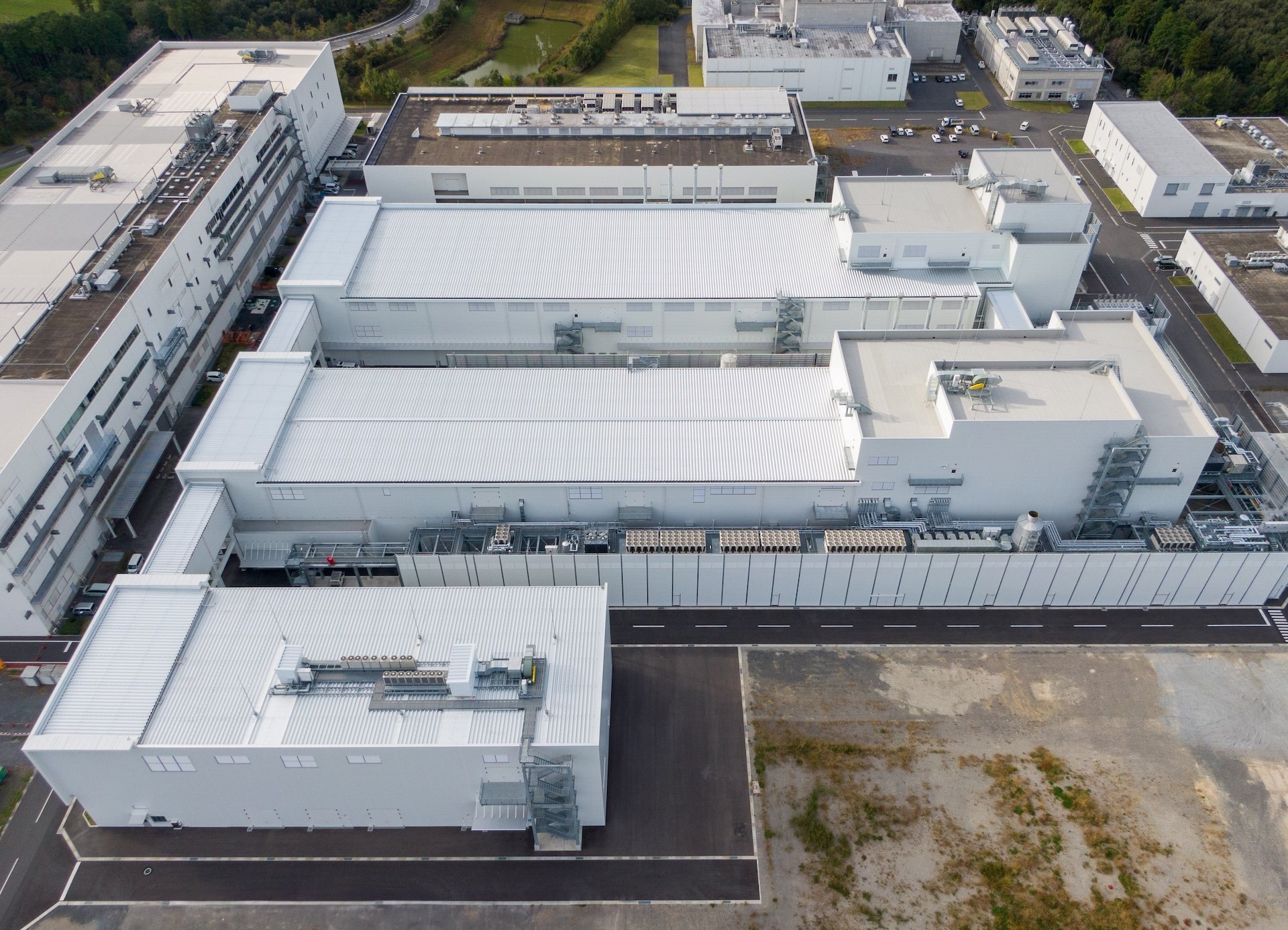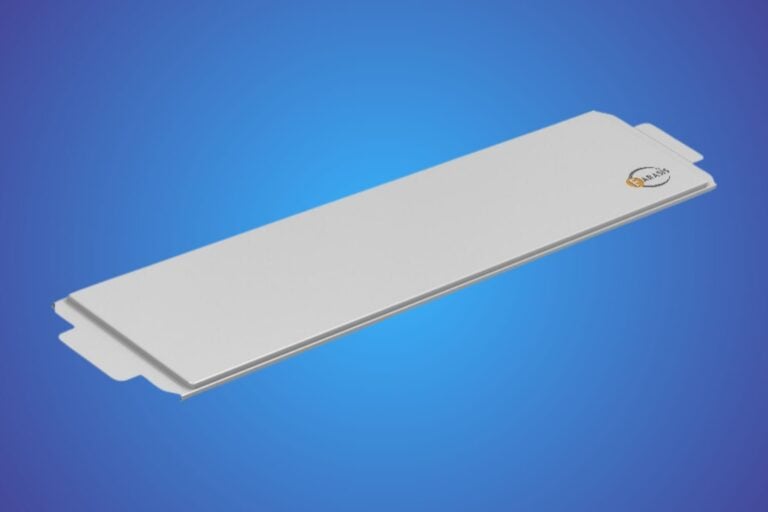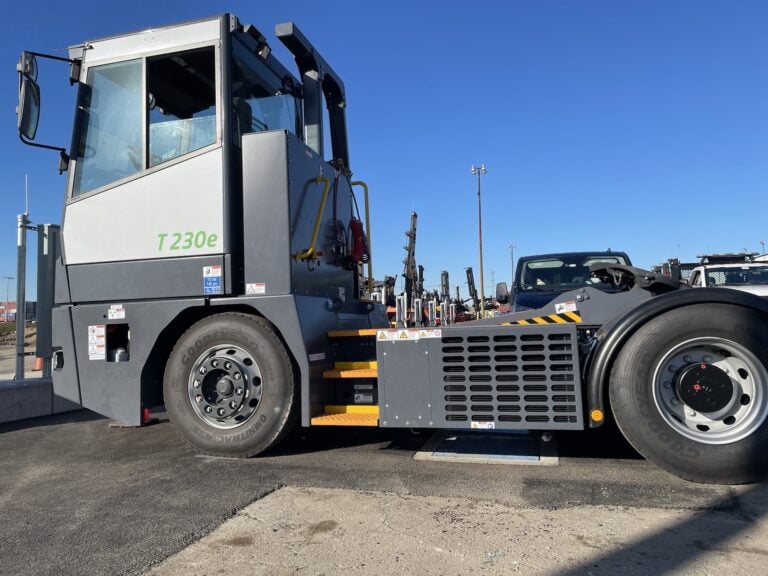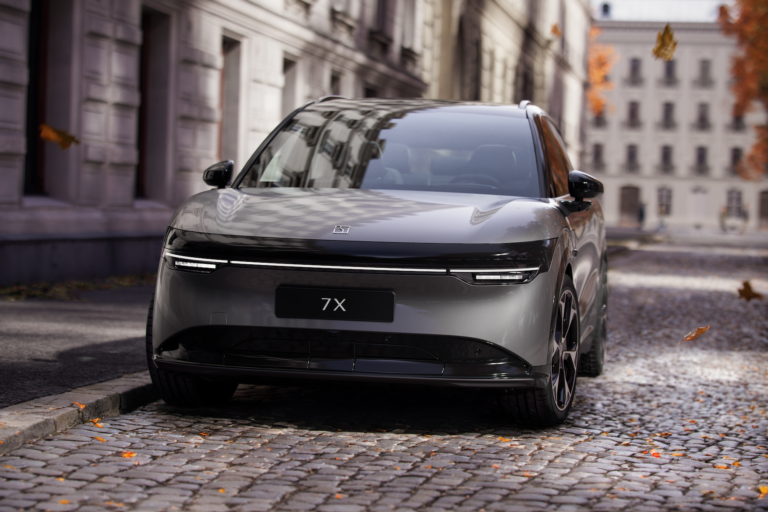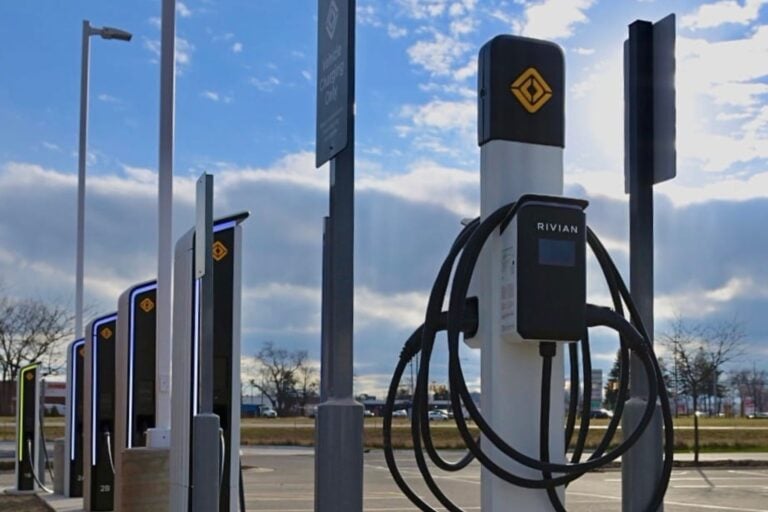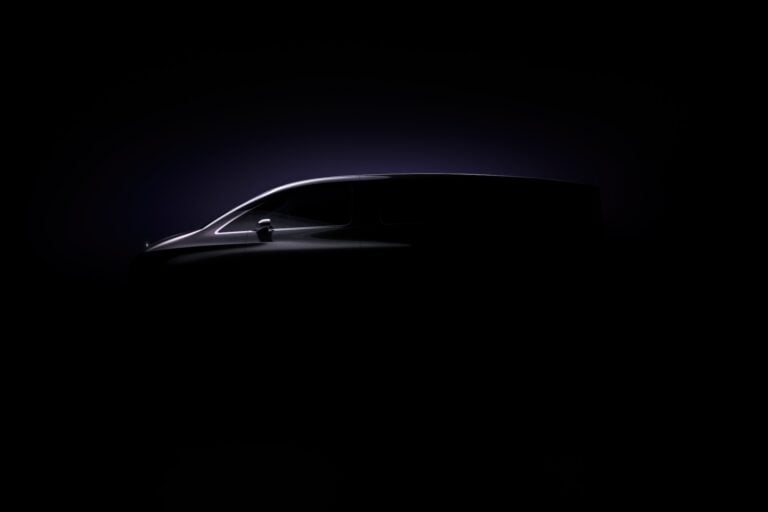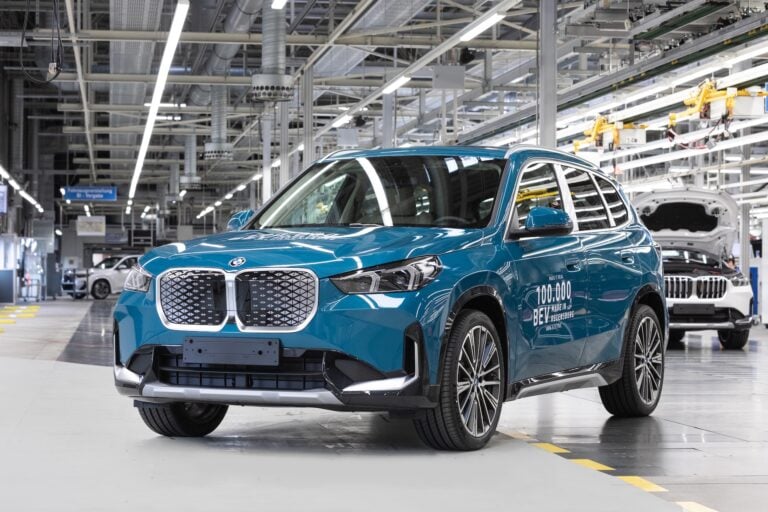Sign up for our popular daily email to catch all the latest EV news!
Honda Motor Co., Ltd. has launched a demonstration production line for all-solid-state batteries at its facility in Sakura City, Tochigi Prefecture, Japan. This marks a significant step toward mass production of these batteries, which Honda plans to use in its electrified models from the second half of the 2020s. The new line aims to establish and verify the mass production process for this next-generation battery technology.
Key Highlights:
- Location: Constructed at Honda R&D Co., Ltd. in Sakura City, Tochigi Prefecture, Japan.
- Facility Size: Approximately 27,400 m2 (295,000 ft2) with full-scale production equipment.
- Timeline: Honda aims to start production by January 2025 and plans to validate mass production technologies.
- Technology Focus: Adoption of roll-pressing techniques for denser electrolyte layers and improved interface between electrodes.
- Production Goals: Establish highly efficient production, reduce indirect costs, and achieve economies of scale.
The demonstration line at Sakura City replicates the essential steps for mass production, including weighing and mixing electrode materials, assembling battery cells, and module assembly. With construction completed earlier this year, most of the critical equipment has already been installed. Starting in January 2025, Honda plans to begin production and further verify technologies related to mass production and cost efficiency for each process.
To boost the density of the solid electrolyte layers, Honda’s roll-pressing technique is key, facilitating increased interfacial contact between the electrolyte and electrodes. By optimizing production processes, including the bonding of electrodes, Honda aims to significantly reduce production time per cell. The company is also implementing various measures to lower the indirect costs of production, including optimizing the power consumption required for maintaining work safety and battery performance.
Honda intends to leverage the cost competitiveness of these all-solid-state batteries to apply them across its mobility range, including automobiles, motorcycles, and even aircraft. This broad application will allow Honda to benefit from economies of scale, helping to further reduce the overall cost of battery production and bring this technology to a wider audience.
The company brings extensive experience in manufacturing and a history of successfully scaling new technologies like solar and fuel cells. In its pursuit of all-solid-state battery production, Honda is working on both material specifications and manufacturing methods. Even before finalizing battery materials, Honda’s production engineering team has played an active role in developing the most suitable battery structure and materials for practical vehicle use, enabling the rapid setup of this demonstration line.
Looking ahead, Honda aims for carbon neutrality by 2050, with a goal of making battery-electric and fuel cell electric vehicles account for 100% of new vehicle sales globally by 2040. With the characteristics of high energy density and excellent heat resistance, these all-solid-state batteries are expected to address some of the key challenges facing electric vehicles today, including range limitations, pricing, and charging times. Honda’s advancements in material design technology, combined with simplified cooling systems, will drive a significant enhancement in EV performance.
Keiji Otsu, President of Honda R&D Co., Ltd., stated: “The all-solid-state battery is an innovative technology that will be a game changer in this EV era… Now, the start of operation of our demonstration production line for our all-solid-state batteries is in sight, and we can say that we have reached an important milestone for Honda and the country of Japan.”
Facility Details
- Location: 122-32 Shimokodo, Sakura City, Tochigi Prefecture, Japan
- Lot Size: Approximately 12,900 m2 (139,000 ft2)
- Total Floor Area: Approximately 27,400 m2 (295,000 ft2)
- Investment: Approximately 43 billion yen
The facility’s construction was partially funded by a grant from the Green Innovation Fund of the New Energy and Industrial Technology Development Organization (NEDO) of Japan.
Sign up for our popular daily email to catch all the latest EV news!

